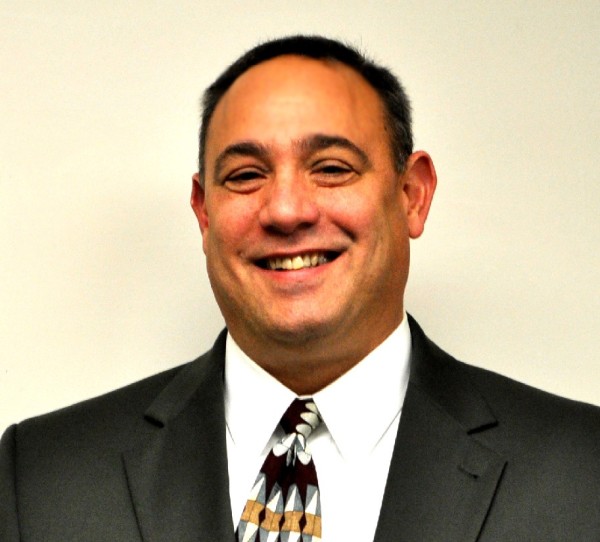
FALL RIVER, MASSACHUSETTS…
Things like kerosene heaters, gas-fueled generators and other backup heat sources can be huge difference makers during the inclement currently weather underway in the northeast. Unfortunately for many consumers, these backup plans come with a number of carbon monoxide risks if not used properly.
“When there’s a nor’easter, it’s cold, snowing and you’ve lost power, all you’re thinking about is staying warm without thought of the possible dangers,” said John Carvalho, president of Apollo Safety, Inc., a veteran-owned, Fall River, Mass.-based company specializing in safety products and services. “Sadly, you hear of a number of tragedies nationwide about people getting sick or worse from carbon monoxide caused by generators and backup heat sources.”
When using a generator, Carvalho cautions consumers to use outdoors only in a completely open and dry area, positioned away from vents, windows and doors to prevent carbon monoxide from entering the home. He also advises plugging appliances directly into the generator. For providing power to items within the home, use a heavy-duty, outdoor-rated extension cord.
The cold winter weather also prompts homeowners, apartment dwellers and even workers at some places of business to seek out secondary heat sources. Carvalho notes that some of these can also produce carbon monoxide and be risky to those nearby. Specifically, he cites kerosene heaters as an effective secondary heat source that comes with potential risk.
“When using a kerosene heater you do need to provide it with adequate fresh air. You want to avoid closing yourself up in a single room with a Kerosene heater, keep adjacent rooms, and doors open,” said Carvalho. “If your house is very air tight –most newer homes are–you need to crack open a window, maybe leave a flue open on your fire place if you have one, this creates a natural draw, continuously circulating fresh air.”
Adds Carvalho, “The law in Massachusetts says you need to have carbon monoxide detectors on floors where there’s a bedroom. This will not protect you if you’re not on a floor with a detector. And if you’re in a place of business where detectors are not required, you need to be even more careful that the room where you are using your heater has a flow of fresh air.”
Apollo Safety’s offerings include a wide variety of portable and stationary gas detection systems suitable for large universities, including name brands like Industrial Scientific, RAE Systems by Honeywell, RKI Instruments, and GMI. Apollo Safety also offers portable gas monitors for rental at weekly or monthly rates. Rental equipment is calibrated to NIST standards.
For more information on Apollo Safety products and services, please call 800-813-5408 or visit www.apollosafety.com.
About Apollo Safety
Apollo Safety has been serving the safety industry since 1995 and is an efficient, trusted company that minimized potential liability for its customers while ensuring a safer public. Apollo Safety specializes in gas detection products and services for portable and stationary systems. That includes gas detector sales and support for most major brands of gas detection , manufacturers. Apollo Safety also provides service in a “state of the art” in-house service center, as well as offering on-site support with factory-trained technicians for both portable and stationary gas detection systems.
Veteran-owned, Apollo Safety, Inc. is trusted by facilities managers, building owners, landlords, universities, hotels, institutions, and government operations. Apollo Safety is a member of the National Safety Council, National Fire Protection Association (NFPA), Rhode Island Fire Chiefs Association (RIAFC) and the Fire Chiefs Association of Massachusetts (FCAM).
Apollo Safety’s corporate headquarters is located at 57 Walnut Street in Fall River, Massachusetts—the company also has an office in Boston, MA. For more information on Apollo Safety products and services, please call 800-813-5408 or visit www.apollosafety.com.


Follow Us!